1915년 4월 7일, 독일의 경제학자 앨버트 오토 허쉬만 / 허시먼 (Albert Otto Hirschman, 1915 ~ 2012) 출생
앨버트 오토 허쉬만 / 허시먼 (Albert Otto Hirschman, 1915년 4월 7일 ~ 2012년 12월 10일)은 경제학자였다. 또한 정치경제학 및 이념에 관한 여러 책의 저자였다. 그의 첫 번째 주요 공헌은 개발경제학 분야였다. 여기서 그는 불균형 성장의 필요성을 강조했다. 그는 개발 도상국은 의사 결정 능력이 부족하기 때문에 불균형이 성장을 촉진하고 자원을 동원하도록 장려되어야한다고 주장했다. 이것의 핵심은 다른 기업과 많은 연계를 가진 산업을 고무시키는 것이었다.
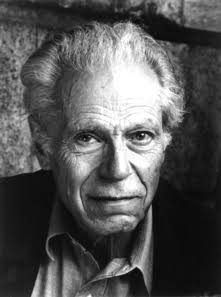
– 앨버트 오토 허쉬만 / 허시먼 (Albert Otto Hirschman)
.출생: 1915년 4월 17일, 독일제국 독일
.사망: 2012년 12월 10일 (97세), 미국 New Jersey
.소속: University of California, Berkeley / Federal Reserve Board
Yale University / Columbia University / Harvard University / Institute for Advanced Study
.분야: Political economy
.업적: Hiding hand principle
좌우 모두가 인정하는 세계적인 경제학자로, 전통적인 주류 경제학의 맹점을 파헤치면서 창의적인 관점을 선보인 학자로 잘 알려져 있다.
그의 후기 작업은 정치경제학에 있었고 거기서 그는 두 가지 도식을 발전 시켰다. 첫 번째는 《Exit, Voice, Loyalty》 (1970)에서 기업이나 정치의 쇠퇴 에 대한 세 가지 기본적인 가능한 반응을 설명한다. 두 번째는 《The Rhetoric of Reaction》 (1991)에서 보수주의자들이 내린 기본 주장을 설명한다.
제2차 세계 대전에서 난민을 구하는 데 중요한 역할을 하기도 했다.
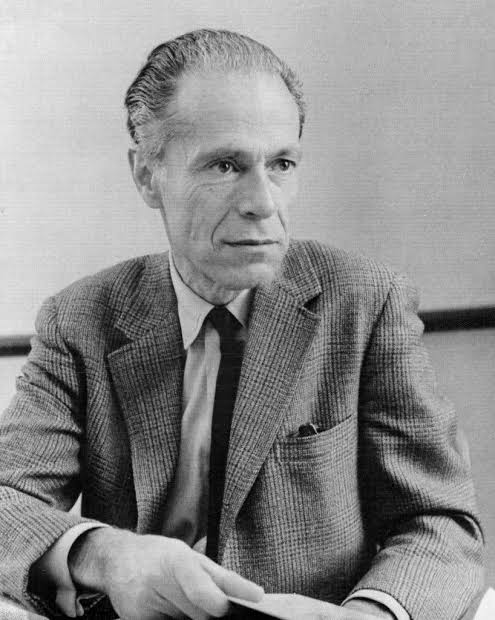
– 생애 및 활동
1915년 독일의 베를린에서 태어나 베를린 대학, 소르본 대학, 런던 정경 대학에서 수학했으며 트리에스테 대학에서 약관 23세에 경제학 박사 학위를 받았다.
이 시기에 스페인 내전에 참전해 한나 아렌트를 비롯한 유럽의 지성들을 탈출시키는 일을 했으며, 1941년 미국으로 이주한 뒤 제2차 세계대전에 참전하기도 했다.
이후 미국 연방준비제도이사회에서 일하면서 마셜 플랜에 참여했고, 1952년부터 5년간 남미 콜롬비아 정부의 경제고문을 지냈다. 이때 허시먼은 발전 경제학자로서의 입지를 굳혀가면서 개발도상국 경제에 대한 괄목할 만한 연구서인 『경제 발전 전략론 The Strategy of Economic Development』 (1958)을 집필했다.
1970년대에 들어서면서 그는 예일 대학, 컬럼비아 대학, 하버드 대학, 프린스턴고등연구소 등의 아카데미에 적을 두면서 지성사를 기반으로 한 연구에 매진한다.
『떠날 것인가, 남을 것인가 Exit, Voice, and Loyalty』 (1970)는 허시먼이 발전 경제학자에서 사회 사상가로 변신하는 계기가 된 저서로, 퇴보해가는 조직에서 보이는 행동 유형을 ‘이탈’과 ‘항의’, 그리고 ‘충성심’이라는 개념을 통해 설명하고 있다.
2003년 미국정치학회 최우수도서로 선정된 『열정과 이해관계 The Passions and the Interests』 (1977)에서는 서구 지성사에 기대어 자본주의의 발달사를 예리하게 해석했고, 『보수는 어떻게 지배하는가 The Rhetoric of Reaction』 (1991)에서는 정치적 수사학의 근본적인 패턴을 분석하기도 했다.
2012년 12월 10일 향년 97세를 일기로 타계했으며, 미국 사회과학연구위원회에서는 그의 지적 전통을 잇기 위해 ‘앨버트 O. 허시먼 상’을 제정하여 매년 국가 간, 학제 간에 뛰어난 공을 세운 학자에게 수여하고 있다.
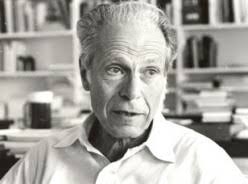
– Awards
Hirschman was a member of the American Academy of Arts and Sciences (1965), the American Philosophical Society (1979), and the United States National Academy of Sciences (1987).
In 2001, Hirschman was named among the top 100 American intellectuals, as measured by academic citations, in Richard Posner’s book, Public Intellectuals: A Study of Decline.
In 2002, Hirschman was awarded Doctor Honoris Causa by the European University Institute, Florence, Italy.
In 2003, he won the Benjamin E. Lippincott Award from the American Political Science Association to recognize a work of exceptional quality by a living political theorist for his book The Passions and the Interests: Political Arguments for Capitalism before Its Triumph.
In 2007, the Social Science Research Council established an annual prize in honor of Hirschman.
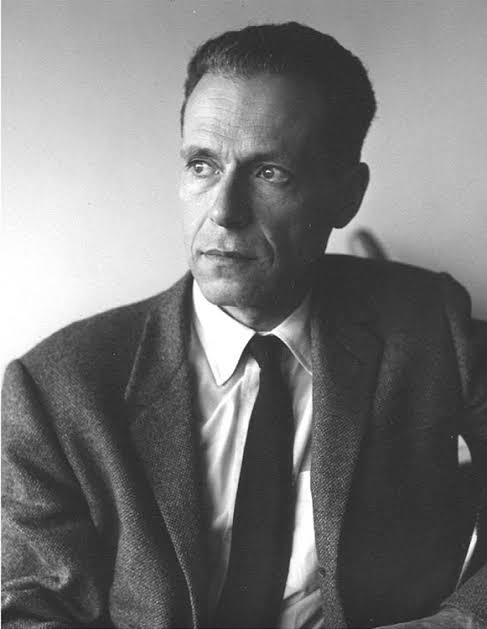
– 저서
.Books
1945. National Power and the Structure of Foreign Trade 1980 expanded ed., Berkeley : University of California Press
1955. Colombia; highlights of a developing economy. Bogotá: Banco de la Republica Press.
1958. The Strategy of Economic Development. New Haven, Conn.: Yale University Press.
1961. Latin American issues; essays and comments New York: Twentieth Century Fund.
1963. Journeys toward Progress: Studies of Economic Policy-Making in Latin America. New York: Twentieth Century Fund
1967. Development Projects Observed. Washington, D.C.: The Brookings Institution.
1970. Exit, Voice, and Loyalty: Responses to Decline in Firms, Organizations, and States. Cambridge, Massachusetts: Harvard University Press.
1971. A Bias for Hope: Essays on Development and Latin America. New Haven: Yale University Press.
1977. The Passions and the Interests: Political Arguments For Capitalism Before Its Triumph. Princeton, NJ: Princeton University Press.
1980. National Power and the Structure of Foreign Trade. Berkeley: University of California Press.
1981. Essays in trespassing: economics to politics and beyond. Cambridge (Eng.); New York: Cambridge University Press.
1982. Shifting involvements: private interest and public action. Princeton, N.J.: Princeton University Press.
1984. Getting ahead collectively: grassroots experiences in Latin America (with photographs by Mitchell Denburg). New York: Pergamon Press
1985. A bias for hope: essays on development and Latin America. Boulder: Westview Press.
1986. Rival views of market society and other recent essays. New York: Viking.
1991. The Rhetoric of Reaction: Perversity, Futility, Jeopardy. Cambridge, Massachusetts: The Belknap Press of Harvard University Press (cloth) and (paper).
1995. A propensity to self-subversion. Cambridge, Massachusetts: Harvard University Press.
1998. Crossing boundaries: selected writings. New York: Zone Books; Cambridge, Massachusetts: Distributed by the MIT Press.
2013. Worldly Philosopher: The Odyssey of Albert O. Hirschman by Jeremy Adelman. Princeton University Press. Princeton, NJ (2013)
2013. The Essential Hirschman edited by Jeremy Adelman (Princeton University Press) 384 pages; 16 essays
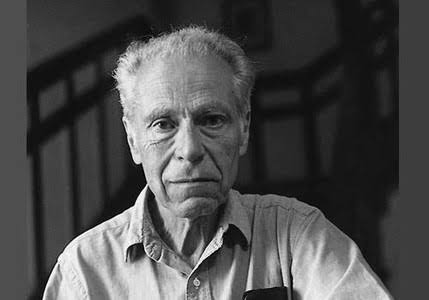
.Selected articles
“On Measures of Dispersion for a Finite Distribution.” Journal of the American Statistical Association 38, no. 223 (September 1943): 346–352.
“The Commodity Structure of World Trade.” The Quarterly Journal of Economics 57, no. 4 (August 1943): 565–595.
“Devaluation and the Trade Balance: A Note.” The Review of Economics and Statistics 31, no. 1 (February 1949): 50–53.
“Negotiations and the Issues.” The Review of Economics and Statistics, 33, no. 1 (February 1951): 49–55.
“Types of Convertibility.” The Review of Economics and Statistics, 33, no. 1 (February 1951): 60–62.
“Currency Appreciation as an Anti-Inflationary Device: Further Comment.” The Quarterly Journal of Economics, 66, no. 1 (February 1952): 117–120.
“Economic Policy in Underdeveloped Countries.” Economic Development and Cultural Change, 5, no. 4 (July 1957): 362–370.
“Investment Policies and ‘Dualism’ in Underdeveloped Countries.” The American Economic Review 47, no. 5 (September 1957): 550–570.
“Invitation to Theorizing about the Dollar Glut.” The Review of Economics and Statistics 42, no. 1 (February 1960): 100–102.
“The Commodity Structure of World Trade: Reply.” The Quarterly Journal of Economics 75, no. 1 (February 1961): 165–166.
“Models of Reformmongering.” The Quarterly Journal of Economics 77, no. 2 (May 1963): 236–257.
“Obstacles to Development: A Classification and a Quasi-Vanishing Act.” Economic Development and Cultural Change 13, no. 4 (July 1965): 385–393.
“The Political Economy of Import-Substituting Industrialization in Latin America.” The Quarterly Journal of Economics 82, no. 1 (February 1968): 1–32.
“Underdevelopment, Obstacles to the Perception of Change, and Leadership.” Daedalus 97, no. 3 (Summer 1968): 925–937.
“An Alternative Explanation of Contemporary Harriednes.” The Quarterly Journal of Economics 87, no. 4 (November 1973): 634–637.
“The Changing Tolerance for Income Inequality in the Course of Economic Development”, World Development, Vol. 1, No. 12, (December 1973).
“On Hegel, Imperialism, and Structural Stagnation”, Journal of Development Economics 3 (1976): 1–8.
“Beyond Asymmetry: Critical Notes on Myself as a Young Man and on Some Other Old Friends.” International Organization 32, no. 1 (Winter 1978): 45–50.
“Exit, Voice, and the State.” World Politics 31, no. 1 (October 1978): 90–107.
“The Rise and Decline of Development Economics.” International Symposium on Latin America, Bar-Ilan University, Israel, 1980.
“‘Exit, Voice, and Loyalty’: Further Reflections and a Survey of Recent Contributions.” The Milbank Memorial Fund Quarterly. Health and Society 58, no. 3 (Summer 1980): 430–453.
“Rival Interpretations of Market Society: Civilizing, Destructive, or Feeble?.” Journal of Economic Literature 20, no. 4 (December 1982): 1463–1484.
“Against Parsimony: Three Easy Ways of Complicating Some Categories of Economic Discourse.” Bulletin of the American Academy of Arts and Sciences 37, no. 8 (May 1984): 11–28.
“Against Parsimony: Three Easy Ways of Complicating Some Categories of Economic Discourse.” American Economic Review 72, no. 2 (1984): 89–96
“University Activities Abroad and Human Rights Violations: Exit, Voice, or Business as Usual.” Human Rights Quarterly 6, no. 1 (February 1984): 21–26.
“The Political Economy of Latin American Development: Seven Exercises in Retrospection.” Latin American Research Review 22, no. 3 (1987): 7–36.
“Exit, Voice, and the Fate of the German Democratic Republic: An Essay in Conceptual History.” World Politics 45, no. 2 (January 1993): 173–202.
“Social Conflicts as Pillars of Democratic Market Society.” Political Theory 22, no. 2 (May 1994): 203–218.
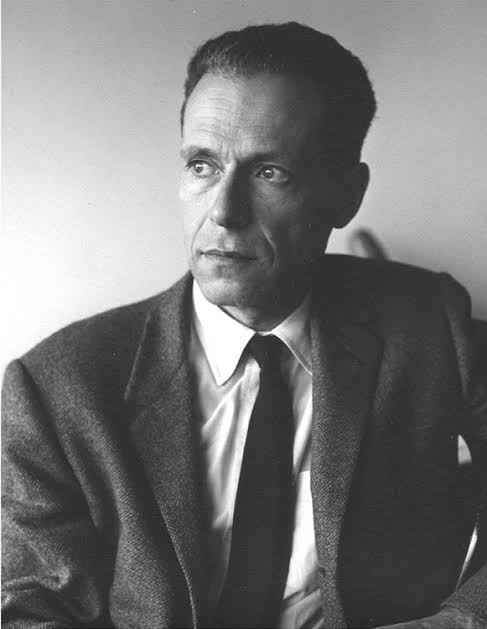
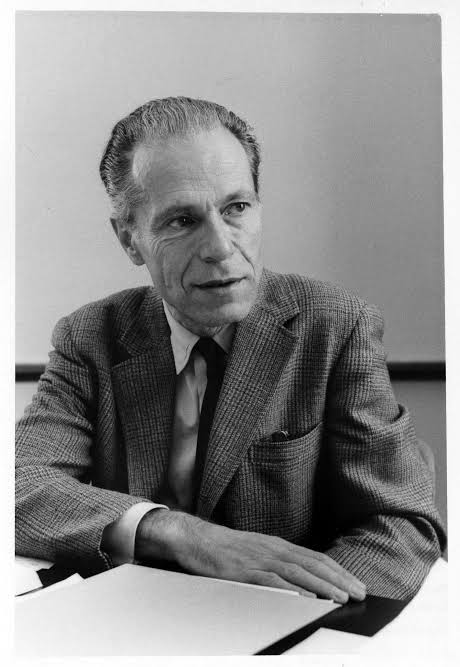
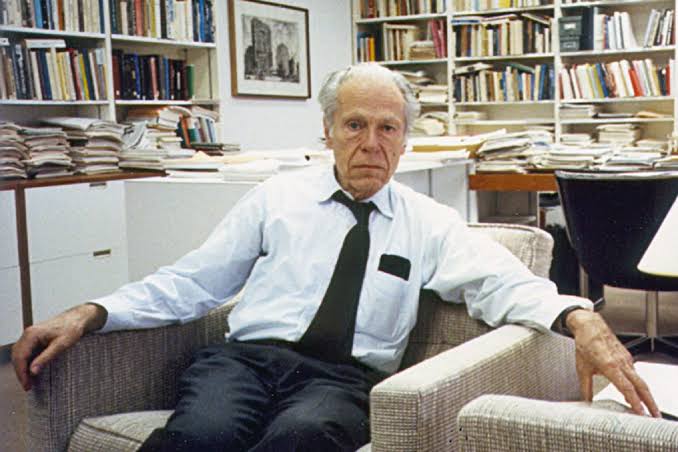

참고 = 위키백과, 교보문고
크리스천라이프 편집부
